Art as Revolution: Our Role as Music Teachers
In a world full of strife and opposition on personal, systemic, and global levels, finding our role in creating change can be challenging. Yet, I believe that we, as music teachers, are perfectly positioned to bring about that change. Over the past decades, I’ve experienced my fair share of personal hardships while simultaneously deepening my awareness of systemic oppression and witnessing heart-breaking global conflicts.
Naturally, I’ve felt overwhelmed and unsure of the impact I can make in these situations. Yet, one thing has remained constant for me. I've witnessed the power of art to respond to and bring some amount of healing to all that feels wrong with the world.
Orchestra on stage performing
For this reason, I view art as a revolution. I like to define art as the creative expression of one’s soul through any medium available. A revolution can be defined as a change in ideas.
As musicians and teachers, we witness this revolutionary power of art to cause us to think, feel, and see ourselves and our neighbors from a new perspective. This art revolution has the ability to occur at a micro and macro level because it is committed to soul-centeredness, authenticity, vulnerability, and the raw emotions of humanity. Perhaps that's why art is one of the first expressions of humanity to be witnessed in hardships or controlled by oppressive regimes seeking to manipulate the narrative and break the spirits of the oppressed.
No matter the circumstance, the human spirit and art always find a way to survive. (Remember those viral videos of Italians singing on their balconies during the first days of the pandemic?) Our work as music teachers extends beyond teaching correct rhythms, notes, and fingerings. We usher people into the transformative power of the arts to bring beauty and hope into darkness by facilitating opportunities to connect with our shared humanity.
So, fellow music teachers, keep teaching music. Keep creating and sharing your own art. Keep inspiring. What we do matters because art is an expression of our humanity. Without it, where would humanity be?
Catherine Sipher is a remote piano teacher at Blossom Piano Studio, located outside Boston, MA, With over 20 years of piano teaching experience, nothing brings her more joy than sharing the beauty of music with her students. When not teaching, she can be found spending time in nature, writing, practicing yoga, and enjoying time with her 6 children.

